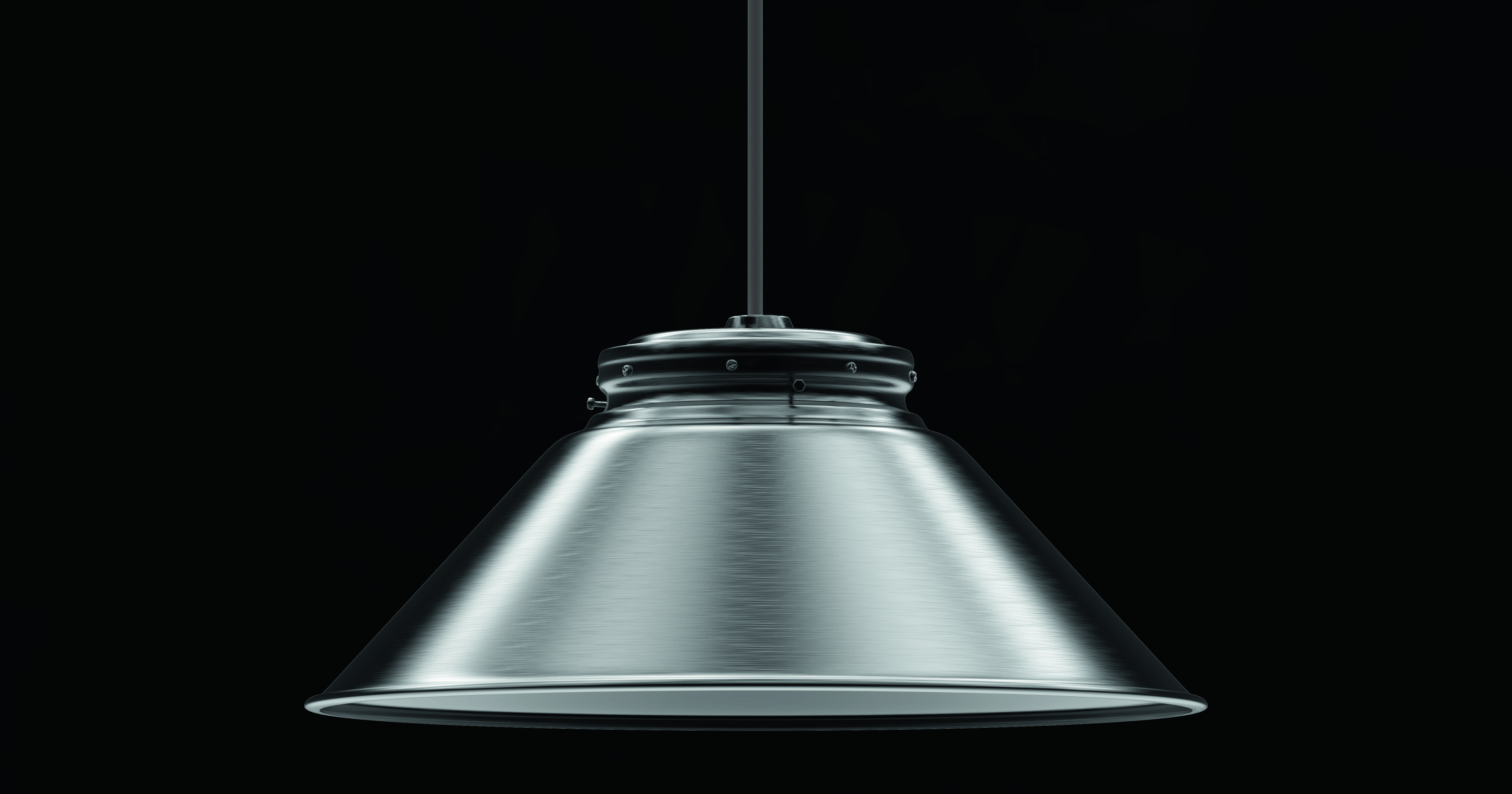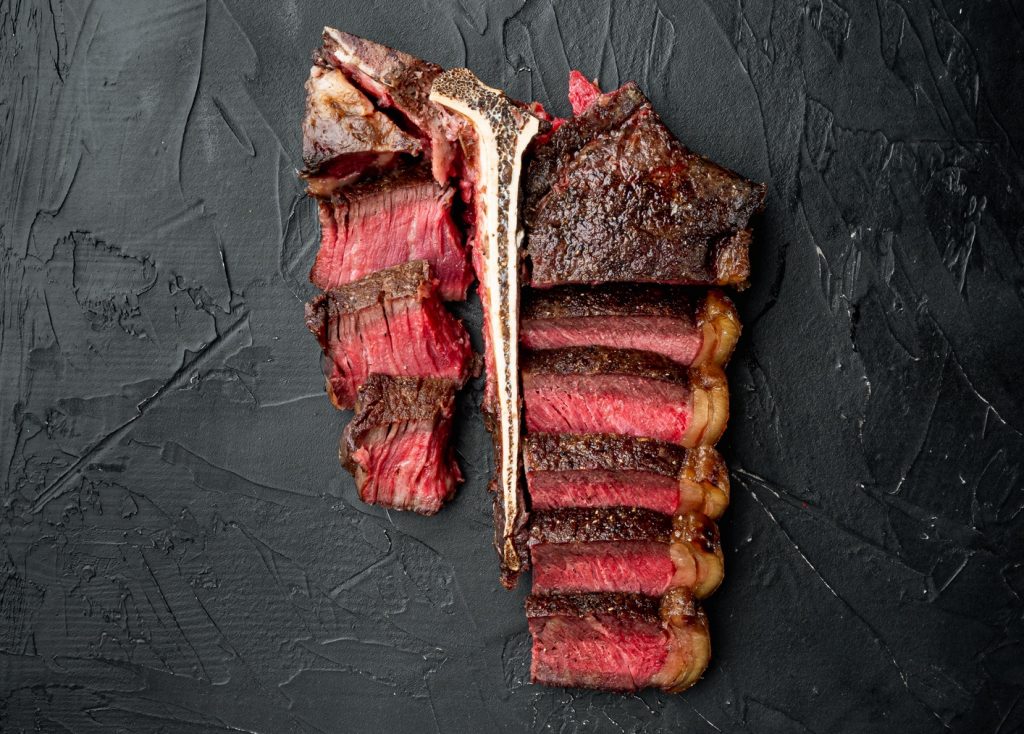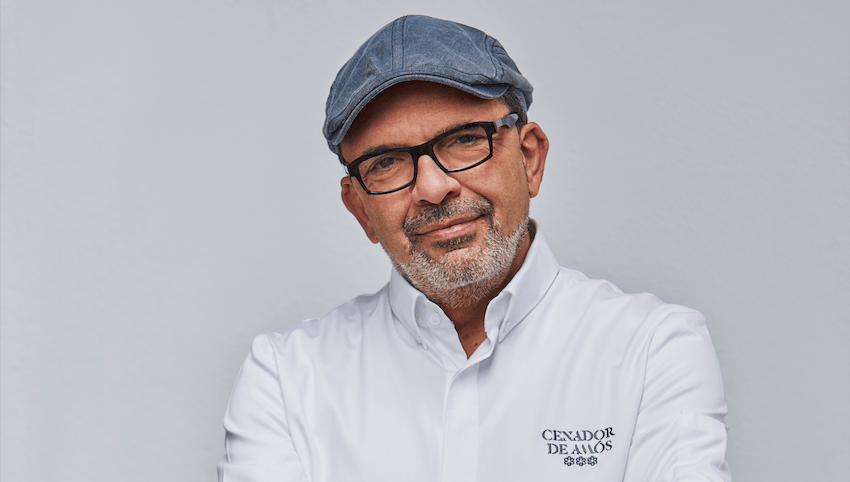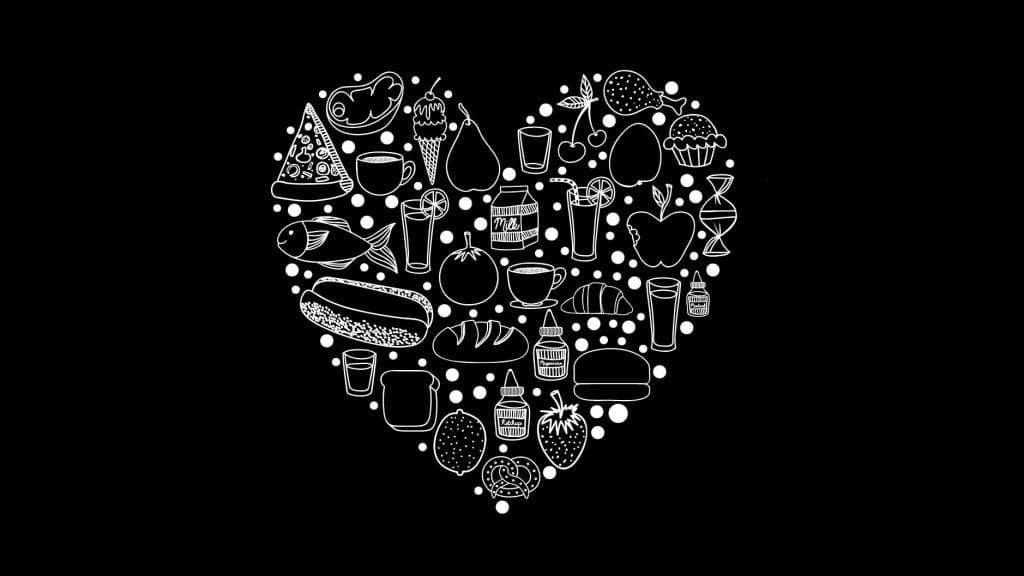
It takes me two days to make jus. For me, sauce is important. I don’t use tricks, shortcuts or modernist techniques, just sound French classicism with the fusty edges knocked off.
Roasted bones, a hint of tomato paste, hardy herbs, wine, lots of time and patience. Burbling and skimming for a full day, topping up where necessary, the merest hint of a bubble breaking the surface so as not to emulsify the stock. Passed through a chinois then chilled overnight so the fat solidifies and comes off in one piece before it goes back on to the heat to be reduced, passed again (at least twice through muslin, double layered, of course) and reduced further. I periodically dip a pastry brush in and encourage the intense sauce that has stuck to the sides of the pan back into the jus, a trick I learned at the shoulder of a multi-starred chef, and then watch like a hawk until I have something glossy and intense, the concentrated essence of what came before with which to sauce the plates – 40 pints of stock will yield half a pint of finished jus.
The hungry diner just wants a tasty sauce – they don’t want to know about the process.Making television is much the same. The audience isn’t interested in the prep. They don’t want to see chef packing away orders or doing a stock check of the walk-in. They have no interest in the tedium of prepping three boxes of girolles or making enough ravioli for four services. That’s not what being a chef is about, is it?
As an audience, we crave the dramatic. We want a tight narrative and a sweaty climax. As a result we get a heavy reduction, an intense concentrated essence that focuses solely on the drama of service with its flaming pans and expletive-laden confrontations. How we love watching the high-wire act of a busy Saturday night service, and we hope and pray that at some point it will all come crashing to the ground. We want the shouting, the swearing, the hustle, the fights, the flames, the stress, the perfectionist with standards
no one can meet – sodden brows and shaky hands, narrowed eyes darting from plate to plate, a wipe, a tweak, a garnish and then gone, grabbed from the pass and away to the other side of the swing door where calm reigns.
The inescapable reality is that under the watchful eye of a television crew we all become caricatures, whether we like it or not, and this is creating an increasingly significant chasm between the perception and the reality of what it really means to be a chef. Mise en place is ignored in favour of mise en scene, the monotony of prep downplayed to make way for the excitement of service. Chopping is cut and cleaning is scrubbed. Is it any wonder that so many young chefs now enter a kitchen for the wrong reasons and then leave 12 months later, disillusioned, dejected and disappointed?
The reality isn’t glamorous or sexy or likely to bring you fame, fortune or adoration, and the chefs that know this are the good ones. I recently said goodbye to a dedicated member of my crew, a lifelong career chef who, after five decades of grinding it out, is hanging up his apron for good. He knew what being a chef is really about: he turned up on time and did his job – whatever was asked of him and much more besides.
He didn’t get into the industry because of what he saw on television or because he wanted to be famous. He became a chef because he simply wanted to cook. He may not be much richer for that fact, but the kitchen certainly was.




